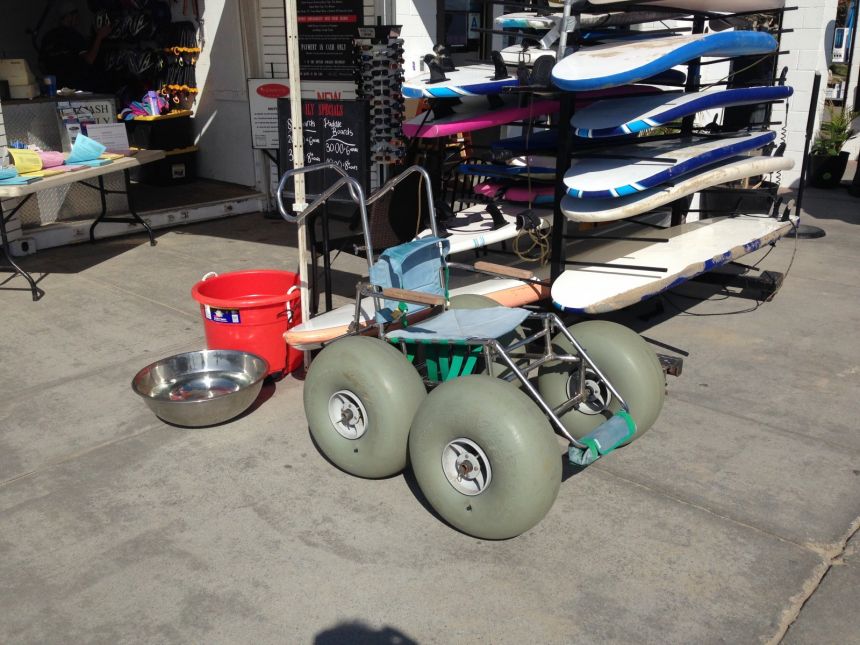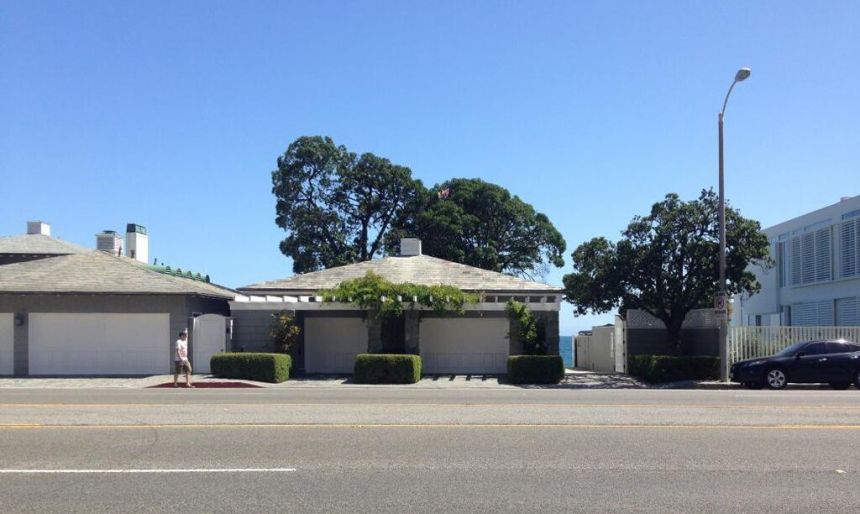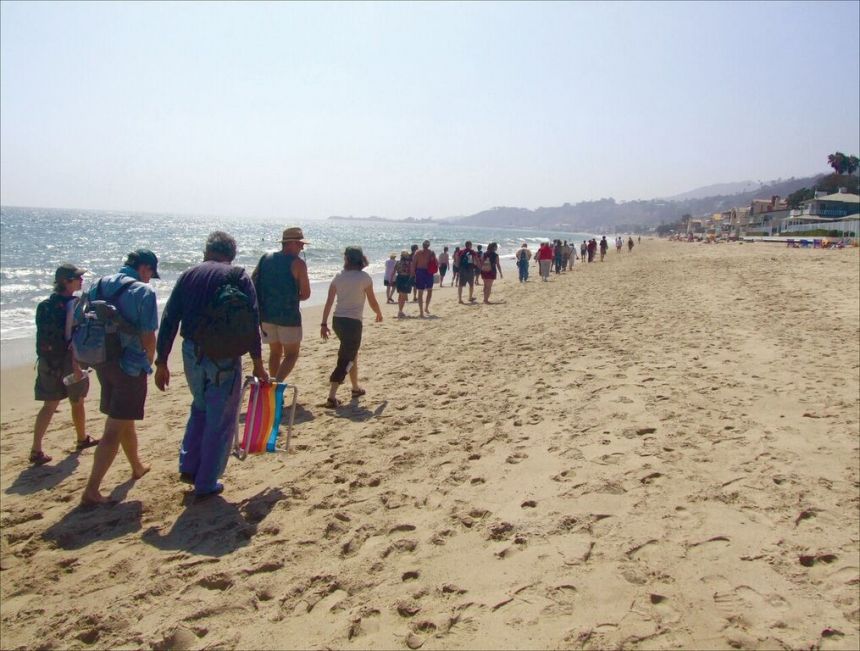Our new book, “the exclusive and inclusive A Senna,” policy, practice and examination of sports cultural relics, has been used in American planners, policy makers, developers, real estate brokers, social activist, cheap swimming suits, and others, to remove or redraw the line points. This book lists the exclusion and inclusion of weapons, describes how they are used, and that how they can be deployed (or retired), so that a more open city, let more people have more access to more places.
This small section extracts legal and improper ways by homeowners, municipalities, and others to restrict and expand access to a particularly controversial type of city: the beach. We in our book how to enter the park, square, sidewalks and other inland city space is controlled by the curfew such as loitering Ordinance, pavement management plan, busk ban and uncomfortable furniture. But the beach has a controversial, often discriminatory policy, approach, and object that determines where and how long and how long it can be relaxed. The beach is synonymous with fun and sunshine. Of course, millions of people are fleeing here on hot summer weekends. But don’t let it be carefree, easy to lie to you: you are building, building sand beach, surfing and sunbathing are built on a battlefield.
The front was pulled in AD 535, when the Byzantine emperor Char J Martin Ni Thi announced his organization:
According to the laws of nature, these things are universal to all mankind – air, water, the sea, and even the shores of the sea. No one, so it is forbidden near the beach, but he respects the residence, monuments and buildings, not like the sea, only subject to the laws of the country.
This “public trust principle” evolved into a legal principle that uses rivers, seas and other water bodies as a public place to enjoy equal access to all citizens – recreation, fishing, navigation and commerce. Therefore, jurisdictions adopting public trust principles (including the United States) are responsible for maintaining their availability and maintaining their ecological integrity. Common trust land usually extends to the “average climax” mark, i.e., the average high water level reaches an orgasm. Land under waterways can not be bought and sold unless the public benefits from privatization. Public and private landowners may have property that is near or even above the average climax, but they can not prevent the public from entering it.
This does not mean that they will not try, because any beachgoer who has encountered a “private visit: Residents only know” signs. Those who mistakenly believe that the beach is their right, they will do their best to protect their beaches from being noticed by outsiders. 1995, Michael Moore’s short-lived magazine TV countries engage in a test: if, on a hot summer day, a car the ethnic diversity of New York residents tried to enter the “public” beach rich, white Greenwich, Connecticut? After a failed attempt to enter the beach from the parking lot, the board of directors of a tugboat, off shore a mile, entered the boat and began to row toward an idyllic coastline. A few minutes later, the Greenwich police arrived and formed a roadblock that prompted New Yorkers to jump into the water and swim to the beach, where they booed, accused of damaging holidays and threatened to arrest. “If you like the lovely beaches, why don’t you buy in Greenwich and pay some taxes, and come here to enjoy it,” says beachgoer. “I don’t understand why we’re making a fuss,” the other man said. “Get them out of here.”. Arrest them and throw them out.
In order not to attract the attention of beach advocates, others use more subtle tactics to protect their beaches. Beach communities are not illegal in most cases, when they have “residential parking schemes” on their streets, do not provide public parking, or through a bus or light rail station, which can provide non resident beaches. One of the largest and two hours of parking is another way to provide a public parking lot, do not let them be swallowed, “effectively prevent non residents with his or her every day at the beach and as a tool for rejection. Go on reading a few.
Beach wheelchair

Going to the beach is not easy and often impossible for wheelchair users. Although beach wheelchairs do not remove obstacles such as sand dunes or stairs, their design allows users to easily pass sand, gravel, rugged terrain, and even very shallow water. The model is typically made of lightweight PVC tubing, adjustable foot restraints, safety restraints, anti roll handles, removable umbrellas, and ultra wide wheels for sandy landscape. Some are even motorized. Other people can float. At present, in many coastal areas of beach wheelchair rental country, from Santa Monica to South carolina.
Beach wheelchairs, however, are not cheap. Buying one can cost thousands of dollars and rents vary from $30 to $100 a day. In addition, “Beachwheels” in Boracay, a program in New Jersey, rented a beach wheelchair free of charge. As a result of local donations, it has five children’s wheelchairs and 34 adults, one of which is designed for fishing. Weekly rental, including delivery and pickup.
Garage

For those entering the top 1%, access to public beaches in Malibu can be illegal. Fake “no parking, hundreds,” “no good”, and “private property” as a sign of the coastal zone. False signs are not the only bait for Malibu residents to deploy on the beach. A media tycoon’s waterfront mansion features fake four car garages and the corresponding restraining wounds that prevent people from coming near a public road parking lot, located directly down to the celebrity’s home.
Map

The use of maps and guides (called “hunt”), Losangeles City homeless shelter in Malibu 20 miles of beaches by identifying public space, access and easement has been misleading signs and private development. As geographers, collective architects, environmental artists and historians point out, “the desire for public spaces in a dense and diverse city,” the Malibu public beach project elaborated and activated the beach… An important public space [and] provides an accessible format for confusing interface navigation between public and private lands that makes these spectacular beaches easier to spot, visit and enjoy. Maps are free roaming sites (you can also find a Spanish version there).

